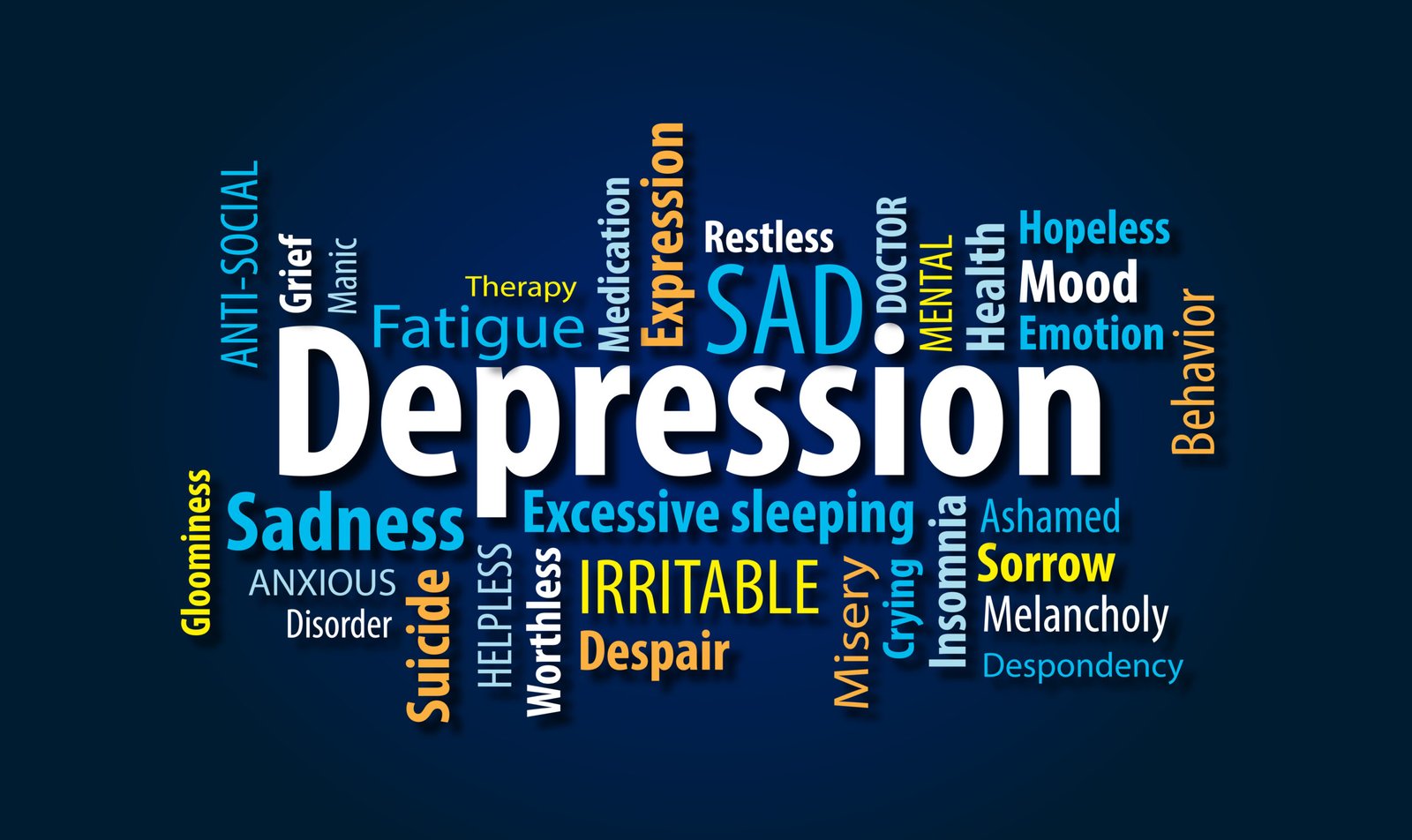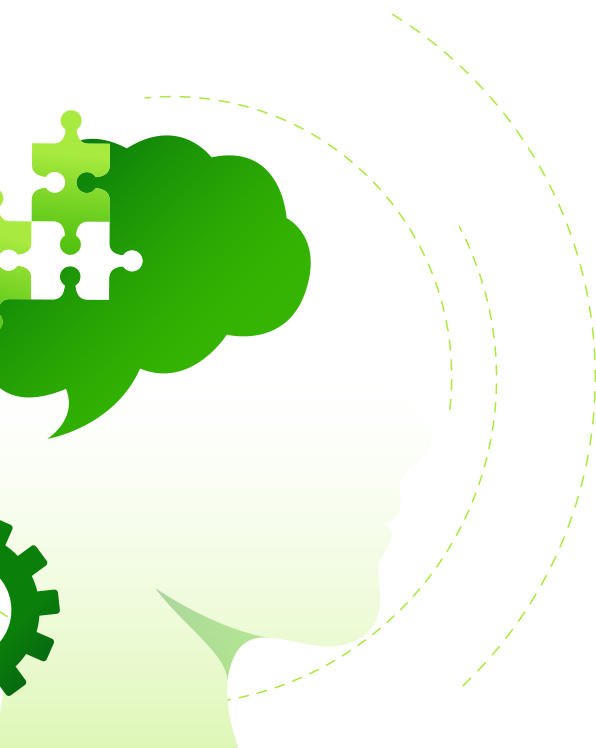
May 20, 2023
Depression is a pervasive mental health condition characterized by persistent feelings of sadness, hopelessness, and loss of interest or pleasure in activities once enjoyed. Beyond affecting mood, depression can profoundly impact various aspects of physical health. Physiologically, depression is associated with alterations in brain chemistry, including imbalances in neurotransmitters like serotonin, norepinephrine, and dopamine, which play crucial roles in regulating mood and emotional responses. These biochemical changes can lead to a cascade of effects throughout the body, contributing to symptoms such as fatigue, changes in appetite or weight, sleep disturbances, aches and pains, and impaired immune function. Additionally, depression is closely linked with other health conditions, such as cardiovascular disease, diabetes, and chronic pain syndromes, further exacerbating physical symptoms and impairing overall well-being.
Symptoms of depression can vary widely among individuals but often include persistent feelings of sadness or emptiness, loss of interest or pleasure in activities, changes in appetite or weight, sleep disturbances, fatigue or loss of energy, feelings of worthlessness or guilt, difficulty concentrating or making decisions, and recurrent thoughts of death or suicide. While depression can be debilitating, it is a highly treatable condition. Treatment typically involves a combination of psychotherapy and medication. Cognitive-behavioral therapy (CBT), interpersonal therapy (IPT), and other forms of talk therapy can help individuals identify and challenge negative thought patterns, develop coping strategies, and improve interpersonal relationships. Antidepressant medications, such as selective serotonin reuptake inhibitors (SSRIs) or serotonin-norepinephrine reuptake inhibitors (SNRIs), are commonly prescribed to alleviate symptoms by restoring neurotransmitter balance in the brain. Lifestyle modifications, including regular exercise, a balanced diet, stress management techniques, and social support, can also play vital roles in managing depression and promoting overall well-being. Seeking professional help from a mental health provider is essential for accurate diagnosis and tailored treatment planning to address the complex interplay of psychological and physical symptoms associated with depression.


